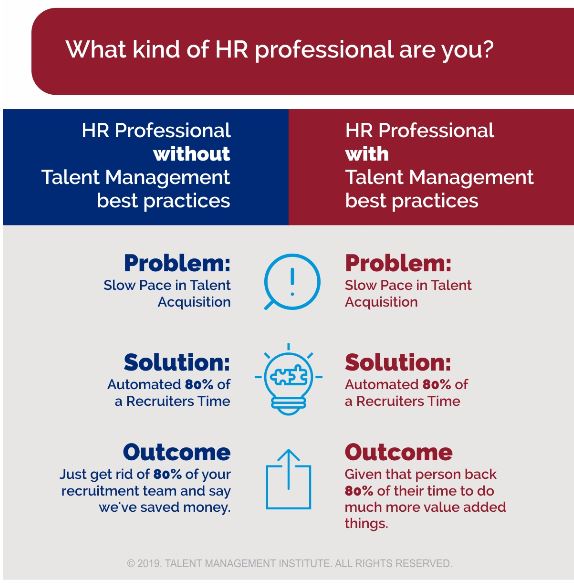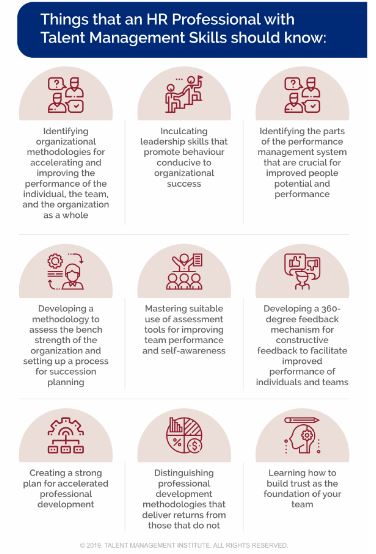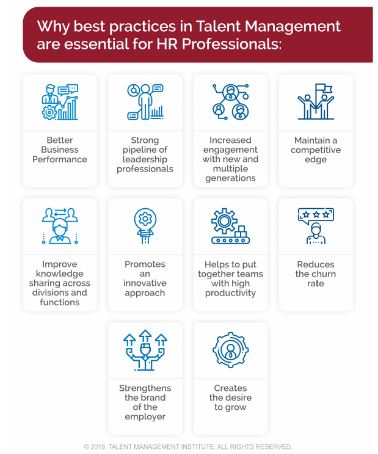
Walk into any company, and the senior executives there will readily admit they need skills beyond just technology or market trends and statistics. Knowing the latest about the usage and technical advancements of artificial intelligence (AI), for instance, does not preclude one from needing to come across as an empathetic, understanding, or interesting speaker.

As any HR professional will tell you, the ultimate differentiator for an organization is its people. Their skills, their passion, and their motivation – among other things – are what really keeps the organization going. As Leena Nair, Chief Human Resources Officer (CHRO) at Unilever, the consumer goods major, said, “If you look at a competitive advantage that a company truly has, it is really only the ideas, the ingenuity, the passion of its people. Because everything else can be matched.”

What skills do CEOs believe to be the most important?
Gartner conducted a poll of 473 CEOs to understand their list of the top four organizational competencies needed to excel at strategy delivery. The results are quite telling: 18% of them ranked talent management skills at the top, while the next three competencies are technology-oriented and fall outside the comfort zone of most CHROs.

Does it help to incorporate talent management best practices?
It certainly does. Consider a common problem faced by CHROs: the slow pace in talent acquisition. This is a problem for any talent management organization, but the approach differs if talent management gets primacy. The solution often advocated for this slow pace is to automate 80% of the recruiter’s time, as automation makes the process faster and thus the pace of talent acquisition too. However,
- An HR professional not using talent management best practices would suggest cutting the recruitment team down by 80% and saving money
- A professional using these practices would let the person use the saved 80% time to do more value-adding tasks
Clearly, for the same situation, the importance to talent management skills can make a world of a difference.

What are the advantages of skills in talent management?
A talent management program incorporating the requisite skills brings the following capabilities:
- Identifying organizational methodologies to accelerate and improve performance
- Inculcating leadership skills promoting behavior conducive to success
- Identifying parts of the performance management system that are crucial to improve potential and performance
- Developing a methodology to assess the bench strength of the organization and setting up a process for succession planning
- Mastering suitable use of assessment tools for improving team performance and self-awareness
- Developing a 360-degree feedback mechanism for constructive feedback to facilitate improved performance of individuals and teams
- Creating a strong plan for accelerated professional development
- Distinguishing professional development methodologies that deliver returns from those that do not
- Learning how to build trust as the foundation of your team

What are the advantages of best practices in talent management?
For the talent management organization, the following are the positives of using the best practices:
- Better business performance
- Strong pipeline of leadership professionals
- Increased engagement with new and multiple generations
- Maintain a competitive edge
- Improve knowledge sharing across divisions and functions
- Promotes an innovative approach
- Helps to put together teams with high productivity
- Reduces the churn rate
- Strengthens the brand of the employer
- Creates the desire to grow

How does one inculcate talent management best practices?
In the modern competitive scenario, taking up a talent management program or certification is a great way to stay ahead. A certified talent management professional will be able to incorporate the learnings from the program into his work at the organization, aiding its growth prospects and developing its talent pool.
So, stay competitive and stay ahead when you get equipped with the best talent management practices today!
